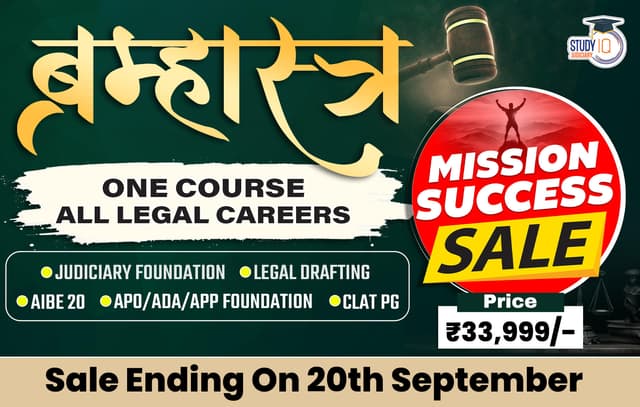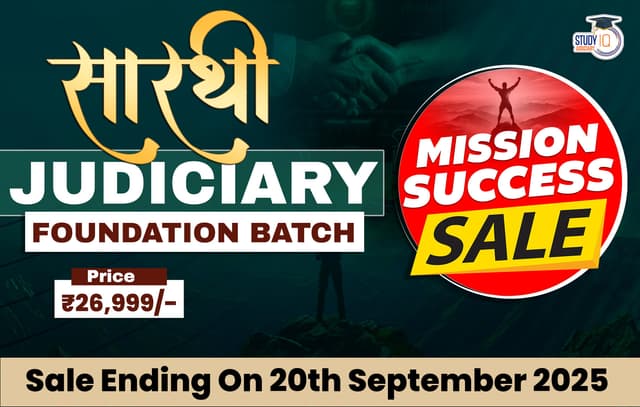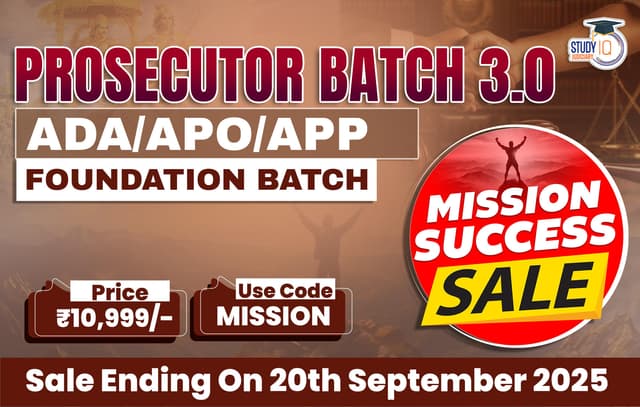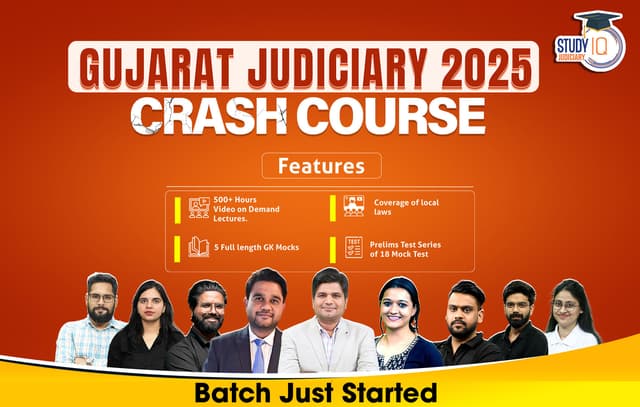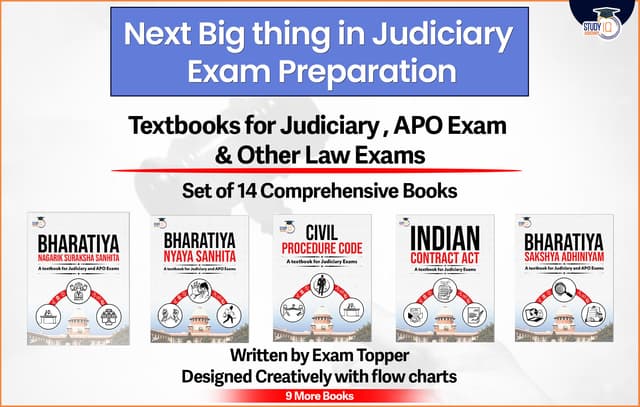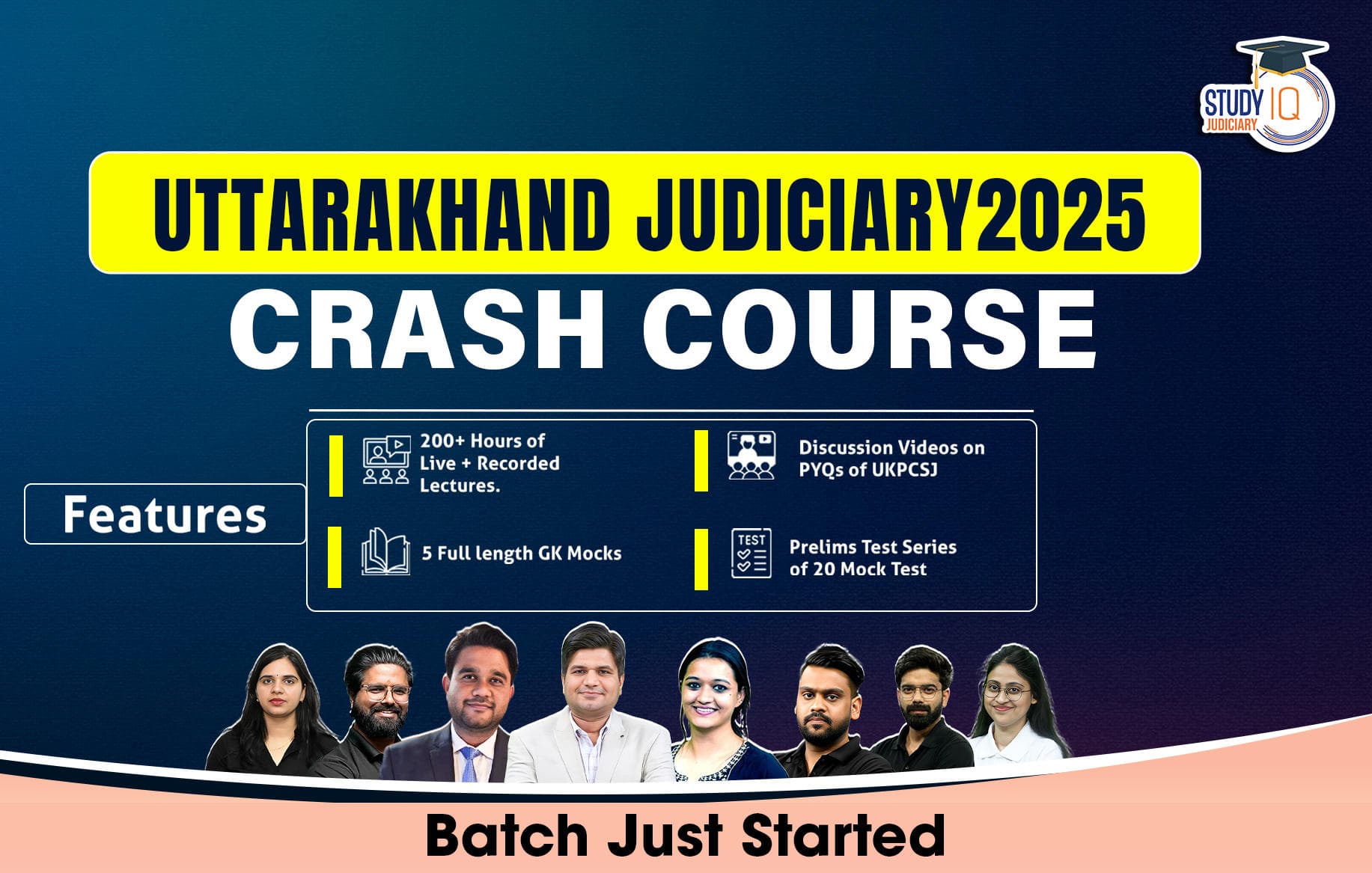Table of Contents
The Right to Information (RTI) Act of 2005 has become a significant tool for enhancing transparency, accountability, and participatory democracy in India. It enables regular citizens, specifically, “Tom, Dick, and Harry,” as the idiom suggests, to request information from governmental authorities and ensure their accountability. The inquiry into whether the President of India, as the First Citizen, is accountable under this law poses significant constitutional and democratic dilemmas.
This article presents a compelling case regarding an RTI petition requesting information from the President’s Secretariat concerning the declaration of the 1975 internal emergency, and examines how the Supreme Court’s interpretation of Article 74(2) of the Constitution has shaped the parameters of permissible disclosure under the RTI Act. The inquiry also pertains to overarching constitutional principles, including transparency, accountability, and the primacy of informed citizenship, as well as the developing judicial perspective on the issue.
Right to Information and Constitutional Accountability: Background
- The Right to Information Act, 2005, is constitutionally grounded in Article 19(1)(a) of the Indian Constitution, which ensures the basic right to freedom of speech and expression.
- This right is devoid of significance without the right to information.
- It is founded on the democratic principle that citizens are the true sovereigns and possess the right to acquire information necessary for effective participation in public affairs.
- The RTI Act mandates Public Information Officers (PIOs) across all public entities to furnish information unless exempted by the Act’s provisions, including national security, personal privacy, or matters explicitly restricted under law.
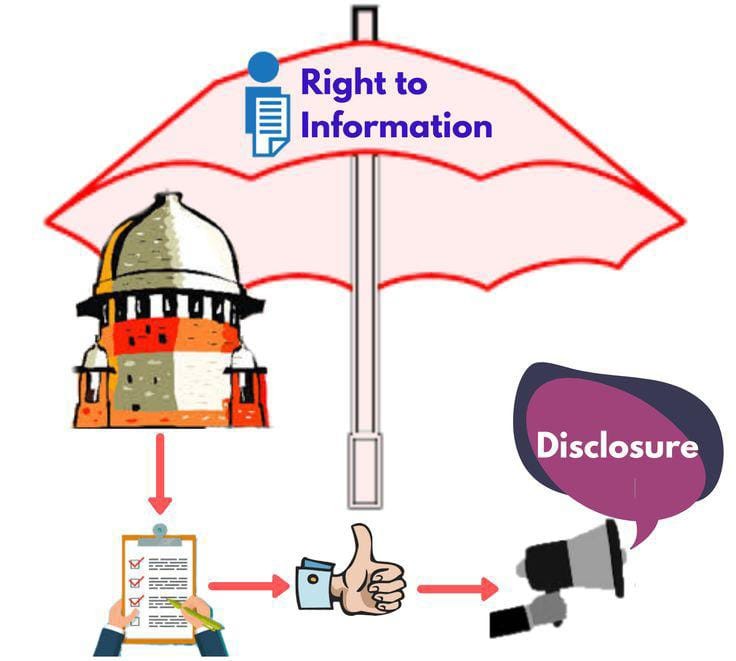
Case Study: RTI Against the President’s Secretariat
- The question of a citizen’s ability to request information from the President of India under the RTI Act was highlighted by Subhash Chandra Agrawal’s petition dated August 9, 2010, which sought comprehensive documents and discussions pertaining to the declaration of emergency in 1975 by then-President Fakhruddin Ali Ahmed.
- This inquiry examined the most controversial political decision in Indian history, during which individual liberties were curtailed, democracy was incapacitated, and constitutional mechanisms were arguably exploited.
- The PIO at the President’s Secretariat first declined the request, referencing Article 74(2) of the Constitution, which prohibits judicial inquiry into the advice provided by the Council of Ministers to the President.
- In an appeal, Shailesh Gandhi, the then Central Information Commissioner, rendered a landmark decision that clarified the matter, asserting that while the advice is confidential, the materials and documents underpinning the conclusion are not.
Understanding Article 74(2): Judicial Interpretation in SR Bommai
- The constitutional intricacy is in Article 74(2), which states: The question of whether any, and if so what, advice was provided by Ministers to the President shall not be subject to inquiry in any court.
- The Supreme Court of India, in the landmark case of SR Bommai & Ors v. Union of India & Ors (1994 AIR 1918), elucidated this provision to clarify that:
-
- The courts are unable to assess the provision of advice or the specifics of such advice.
- Nevertheless, the information upon which the President grounded his satisfaction or the information reviewed by the Council of Ministers is not protected under Article 74(2).
- The document does not transform into “advice” merely by being presented to the President.
- The differentiation between advice (protected) and material (disclosable) is essential for comprehending the extent of disclosure under the RTI Act in certain contexts.

Citizenship and Access to Information: A Question of Identity
- An important question also emerges over the definition of a citizen eligible to submit an RTI petition.
- The Act mandates that only Indian citizens may submit an RTI request, although it does not necessitate verification of citizenship.
- Ironically, a passport is not recognised as valid proof of citizenship, as stated by the Union Home Minister.
- Former CIC Shailesh Gandhi aptly highlighted the absurdity: “Can a PIO prove whether he has citizenship?”
- If a Public Information Officer requests proof, he may refuse the Right to Information and could incur a penalty of ₹25,000 under the Act.
- The inclusive essence of RTI is thereby undermined by bureaucratic overreach and subjective interpretation.
The President’s Accountability and the Limits of Secrecy
- The situation with President Fakhruddin Ali Ahmed’s proclamation of Emergency illustrates that even a former President’s constitutional breaches can be examined by the public, not via judicial proceedings or impeachment, but through citizens’ inquiries under the Right to Information Act.
- The Prime Minister’s actual advice is confidential, but the accompanying documents, file notations, and discussions are not.
- This win is significant for transparency, as recognised in the CIC’s ruling: “Only the advice received by the President is protected… but all other materials informing the President’s satisfaction are subject to disclosure.”
- This differentiation fortifies the democratic framework, wherein the general population serves as the true guardians of the Constitution, and public positions, even the most elevated, are subject to accountability.
Significance and Recent Developments in the Right to Information
The RTI Act empowered millions of citizens in India to contest opacity and corruption. Nonetheless, recent amendments and institutional changes raised apprehensions:
- The RTI (Amendment) Act, 2019 granted the Union Government the authority to determine the tenure and remuneration of Information Commissioners, therefore compromising the Commission’s autonomy.
- The rising frequency of information delays, ambiguous exemptions, and threats to RTI campaigners has undermined the Act’s efficacy.
- Nonetheless, legal interpretations persist in enhancing public empowerment, as seen by rulings that uphold the primacy of the Right to Information over bureaucratic confidentiality.
Role of the Judiciary in Strengthening RTI
- The Indian judiciary has been instrumental in preserving the essence of the Right to Information (RTI).
- In instances such as CBSE v. Aditya Bandopadhyay (2011), the Supreme Court underscored that citizens possess the right to obtain evaluated answer sheets.
- In State of Uttar Pradesh v. Raj Narain (1975), the Court asserted: “People of this country have a right to know every public act…”
- The judiciary’s sophisticated interpretation of Article 74(2) in SR Bommai permits access to decision-making processes while upholding executive privilege.
- The equilibrium between secrecy and democratic transparency has been essential in legitimising the role of RTI as a constitutional accountability instrument.
RTI in the International Context: Global Relevance and Commitments
- The Right to Information is not solely a national legislative advancement but corresponds with a wider international need to promote transparent and responsible governance.
- More than 130 nations worldwide have implemented freedom of information laws, indicating an increasing acknowledgement of the ability to access public information as an essential element of democratic societies.
- The RTI Act of 2005 in India aligns with Article 19 of the Universal Declaration of Human Rights (UDHR), which asserts the freedom to “seek, receive, and impart information and ideas through any media and without regard to frontiers.”
- The International Covenant on Civil and Political Rights (ICCPR), of which India is a signatory, acknowledges freedom of information as an element of the right to freedom of expression as stipulated in Article 19(2).
- The Global Right to Information Rating evaluates the robustness of RTI laws globally and frequently identifies India’s RTI Act as exemplary legislation, especially for developing countries.
- Furthermore, India’s Right to Information framework has prompted reforms in neighbouring countries such as Bangladesh and Nepal.
- As global entities such as the United Nations and World Bank increasingly associate aid and development criteria with transparency metrics, the effective enforcement of the RTI Act enhances India’s international reputation.
- Consequently, the RTI is not merely a constitutional right within India; it also serves as a pivotal mechanism through which India demonstrates its dedication to international standards of transparency, human rights, and participatory governance.
Way Forward
- The discussion reiterates that even the most prominent constitutional authorities are subject to accountability.
- The Constitution provides specific immunities while simultaneously requiring transparency in public matters. The instance of Subhash Agrawal’s RTI petition highlights that transparency is the essence of democracy.
- The situation transcends the mere retrieval of historical records; it pertains to rectifying constitutional injustices.
- In the absence of impeachment or judicial investigation, public awareness and information accessibility function as corrective remedies.
- This interaction among the Constitution, citizens, and institutions sustains democracy’s vitality.
- The right to information is not merely a procedural privilege; it is a fundamental democratic principle that requires persistent defence.

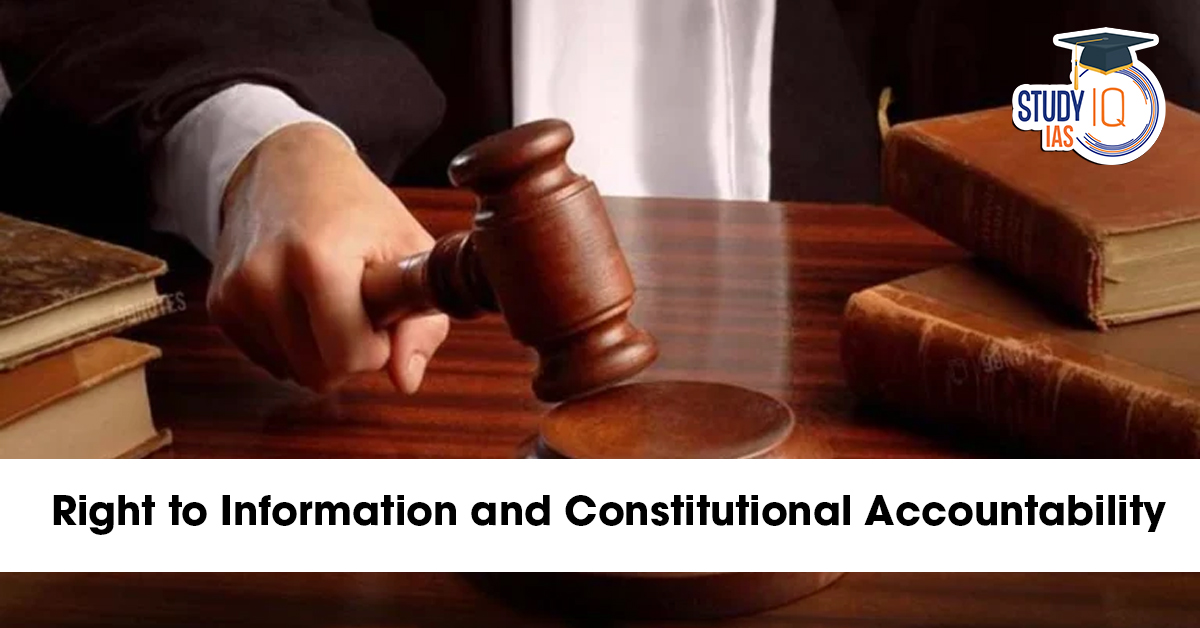
 Social Media, Judicial Narratives, and t...
Social Media, Judicial Narratives, and t...
 Can the Marital Rape Exception Immunize ...
Can the Marital Rape Exception Immunize ...
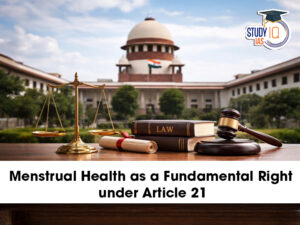 Menstrual Health as a Fundamental Right ...
Menstrual Health as a Fundamental Right ...
